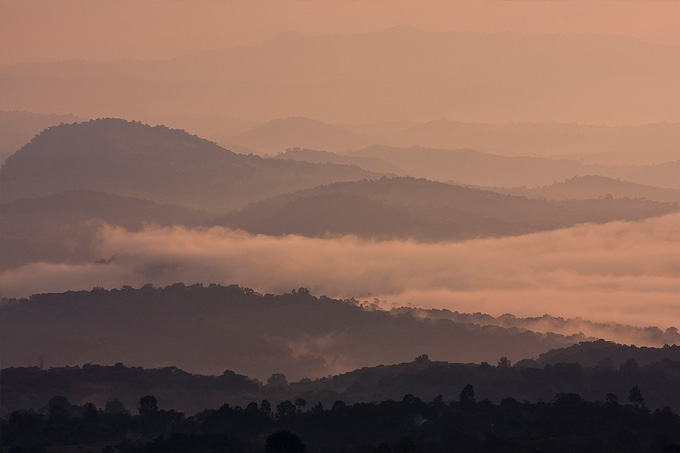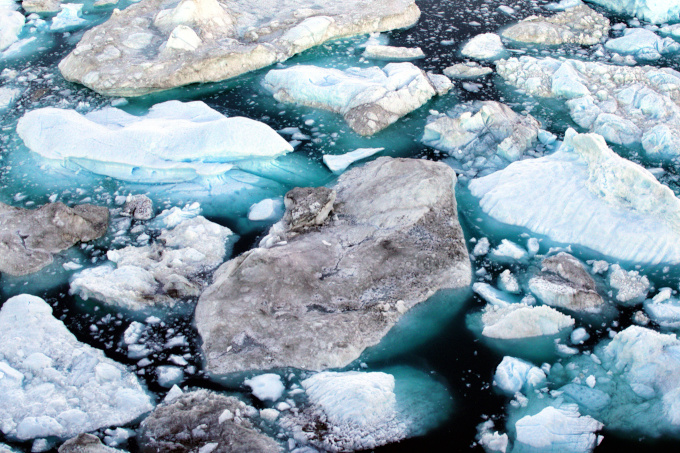Energy-efficient stoves
Forest preservation through wood-saving stoves
Ethiopia currently caters for 96 percent of its energy requirement using biomass. Due to this fact many households satisfy their demand by cutting trees form the available natural forests/woodlands and shrub lands. This situation has been cited as one of the driving forces for deforestation. Similar to other parts of the country people of Kafa mainly use wood products for fire. The firewood comes from the nearby forests. On top of that, the biomass fuel is mostly used inefficiently. This has a direct relationship with the household income and time budget. The more inefficiently the wood is used the more time women and children will spend on firewood collection. The dependency on biomass energy in one part, cultivation on the other hand accelerated deforestation and created negative influence on endemic/indigenous biodiversity, large quantities of carbon dioxide have also been released and the carbon-storage capacity of the forest has been markedly reduced.
The target of this project is to introduce energy-saving stoves to the communities in Kafa Biosphere Reserve and distribute 10,000 of them to households with high wood consumption. The new technique of these stoves not only reduces the amount of wood needed for cooking by half, it also saves the forests, time for the user and produces less smoke and fire. The stoves are therefore a source of great relief to the people and the forest and have been received very well.
To produce and distribute the stoves NABU is working closely with the Kafa Zone Department for Water, Mines and Energy. As part of this cooperation 50 young unemployed people were trained as stove producers and supported to start their production business. Today they produce up to 30 stoves per day and get requests from other local people who are convinced of the stoves' advantages and want to purchase them for their own household.
PROJECT OVERVIEW
The remaining afromontane cloud forests in the south-west of Ethiopia are an exeptional natural heritage site and home to numerous animal and plant species, some of them endemic. The region is considered to be the birthplace of Arabice coffee, one of the finest coffees in the world. more →
related topics
Climate change and biodiversity loss are the most pressing challenges to humanity. Finally, people start to realize they are both sides of the same coin. NABU stands with science. We demand and support all efforts to reach a net-zero carbon economy globally. more →


